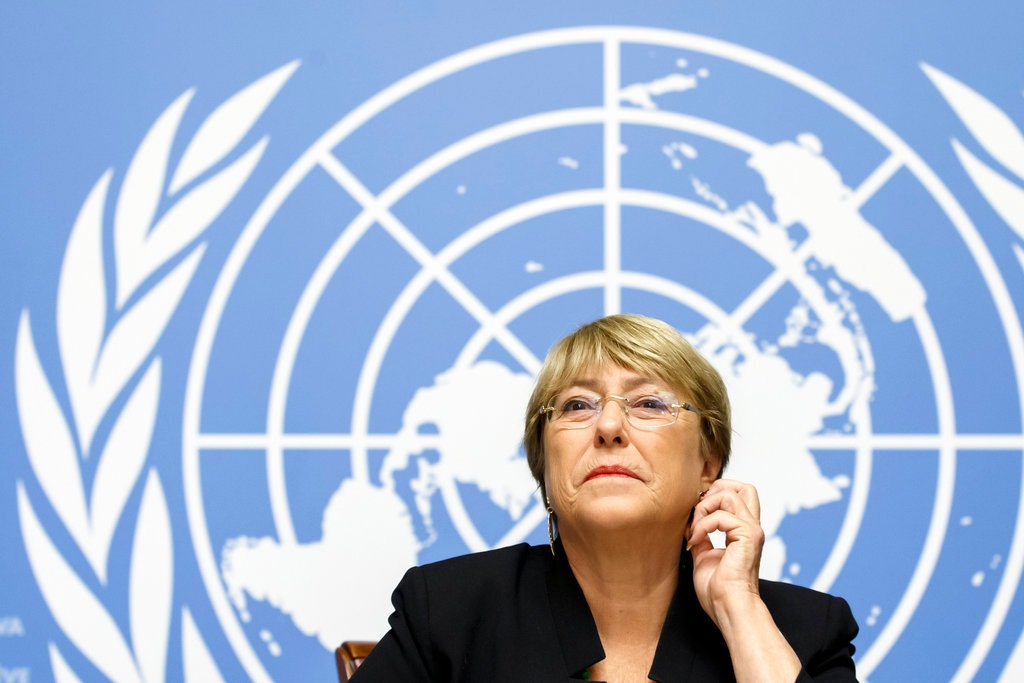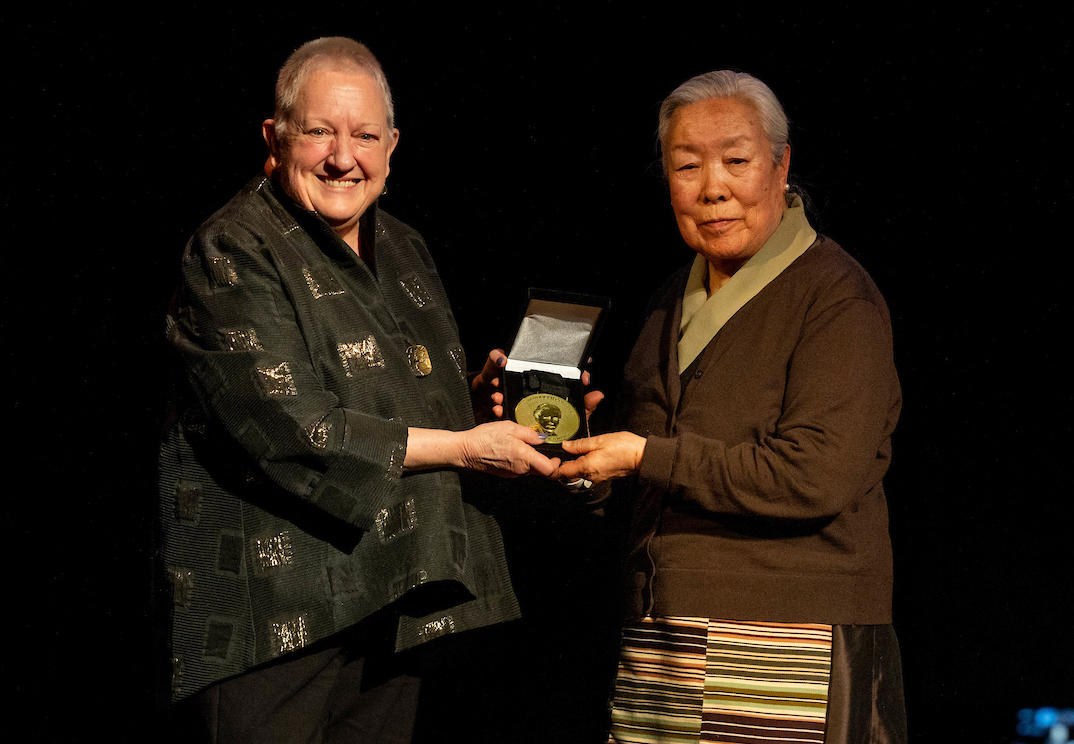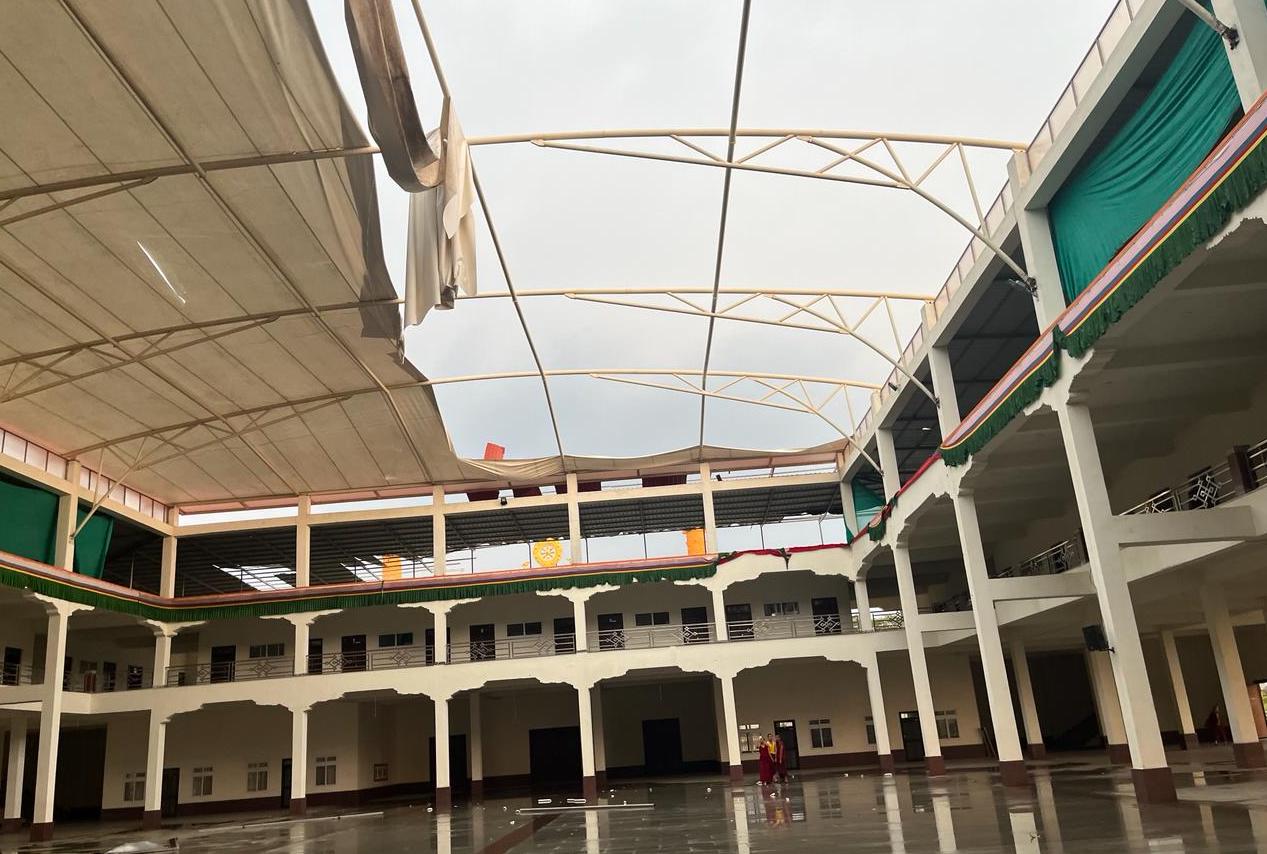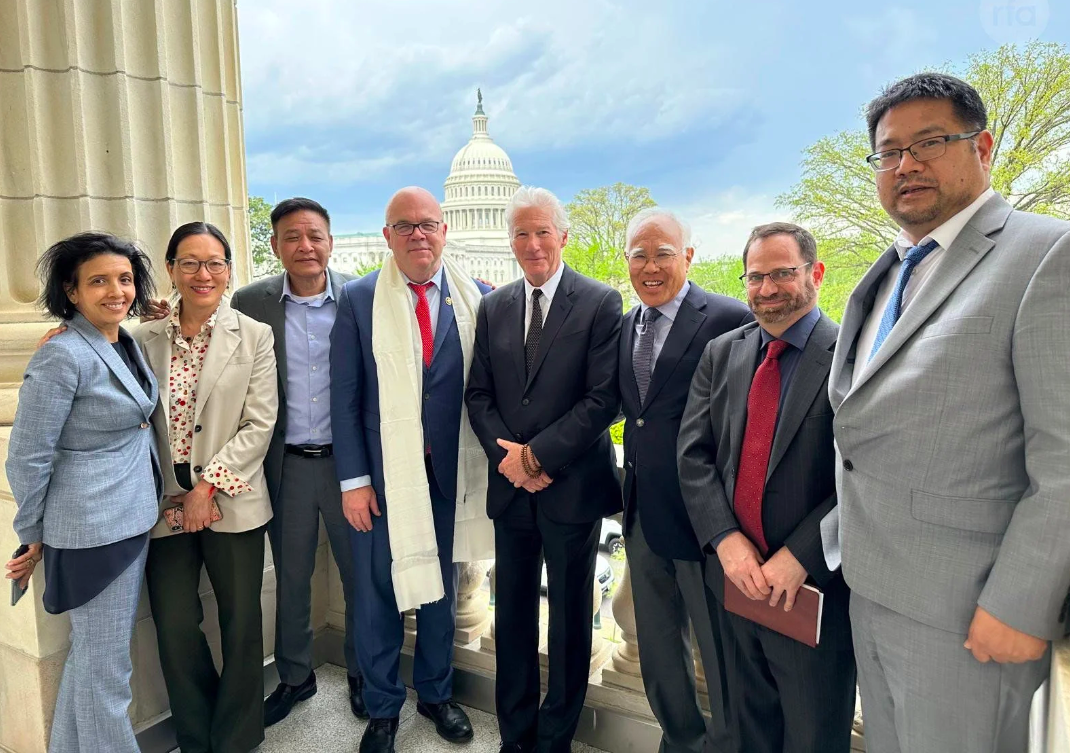By Choekyi Lhamo
DHARAMSHALA, March 1: International Campaign for Tibet (ICT) has urged the UN High Commissioner for Human Rights, Michelle Bachelet, to include Tibet in discussions with Chinese leaders ahead of her China visit. The Tibetan advocacy group said that the recently announced visit of Bachelet this year must raise the human rights situation of the Tibetan people.
The announcement comes after years of regular denials of UN and foreign officials’ access to Tibet by the Chinese government; Tibet being effectively isolated from the world and often described by foreign journalists as being more difficult to access than North Korea. The last visit to Tibet by a UN High Commissioner in 1998 was by Mary Robinson, then President of Ireland (1990-97).
“The human rights situation in Tibet is troubling with systematic and widespread repression being the daily normal,” said Kai Mueller, head of ICT’s UN Advocacy Team. “Tibet, like Xinjiang, is subject to deeply discriminatory policies and totalitarian measures of control, particularly in religious and cultural spheres. Tibet has also been the testing ground for what we are witnessing today in Xinjiang.”
ICT urged UN to raise issues about Tibetan religious freedom and language rights’ activism by citing examples of the detention of Panchen Lama, one of the most important figures in Tibetan Buddhism, and Tashi Wangchuk, who is in prison for the last four years for his language activism. One former UNHCHR chief said that Tibet’s “deep underlying issues need to be addressed.”
Bachelet announced her travel plans to China on Feb 27, including Xinjiang (East Turkistan), and requested “unfettered access” for her advance team to prepare for such a visit. Mueller’s insistence on Tibet being the “testing ground” for Xinjiang calls for a dialogue with the Chinese leaders: “Access to Tibet is extremely restricted and the region cut off from independent observers, diplomats and journalists. It is of utmost importance that the region is opened up for unfettered access. If such access is granted consistently, this would facilitate transparency and accountability and ultimately the protection of human rights.”










